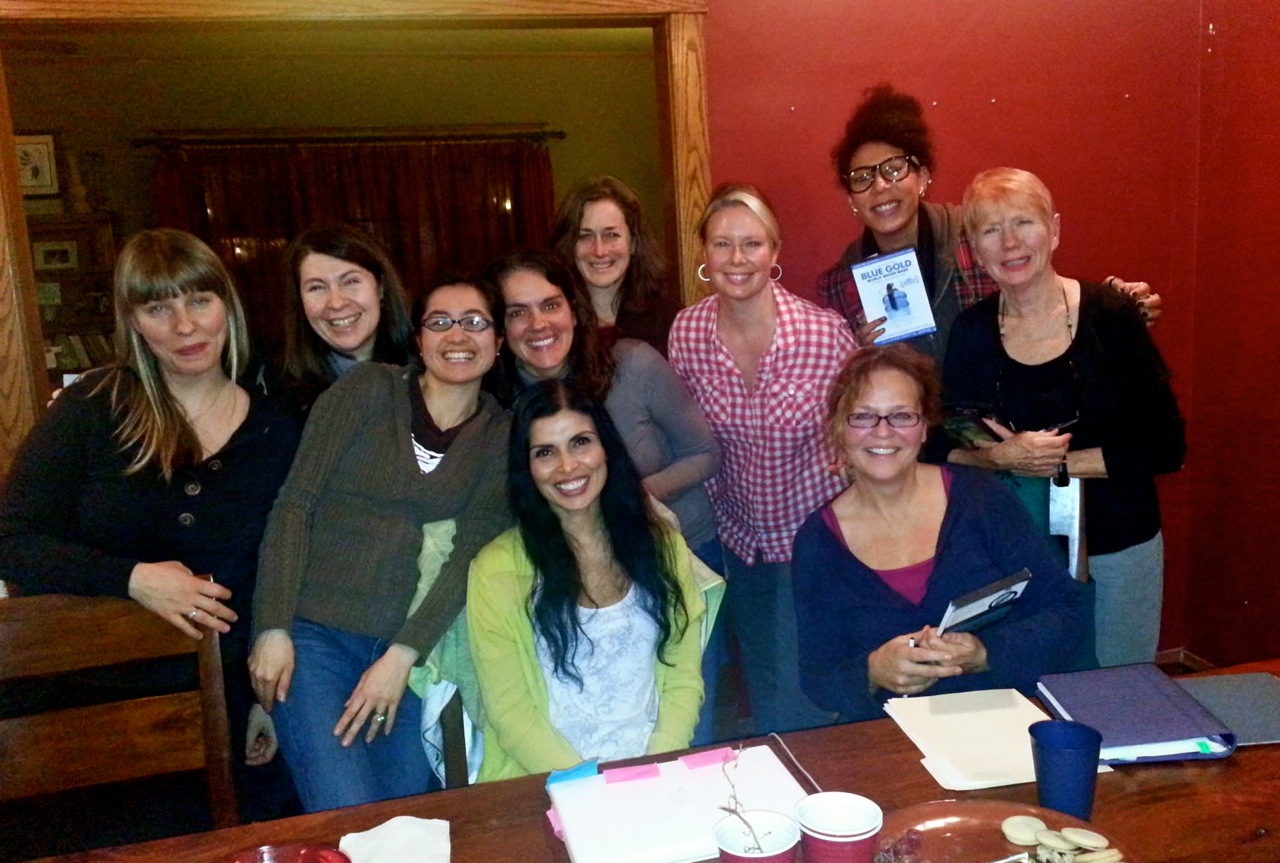The votes are in, and Green Community Connections is pleased to announce the winners of the first ever One Earth…Our Earth Young Filmmakers Contest! We are extremely happy to report that we received 12 films in the first year of the contest across the different age categories. Thank you to all of the participants for making the first year of the contest so successful. A lot of hard work and dedication were put into these films, and we are so proud of these young filmmakers.
The Winning Films
Let’s Talk About Water – Lea Kichler , Lincoln Park High School, Chicago IL (High School Category)
Sporktagion – Heritage Earth Action Team – Heritage Middle School, Berwyn, IL (Middle School Category)
A Wasteful Santa – Mann School Group, Horace Mann Elementary School, Oak Park, IL (Elementary School Category)
Awards Presentation and Additional Screenings
Each winning filmmaker will be awarded a cash prize as well as a matching grant to put towards the nonprofit of their choice. The public award ceremony will take place on Saturday, March 2, 11:00 am at Beye School in Oak Park (230 N Cuyler Ave). The winning films will be shown and awards will be distributed. A reception with light refreshments will follow.
Each winning film will also be screened as part of the One Earth Film Festival general film program as follows:
- Let's Talk About Water: Fri 3/1, Pleasant Home (217 Home Ave, Oak Park), 7P and Sat 3/2, Oak Park Village Hall (123 Madison Street), 12:30P, before Waterlife/Stories of Trust Oregon
- Sporktagion: Sat 3/2, River Forest Library (735 Lathrop Ave), 3:00P, before Bag It/Majestic Plastic Bag
- A Wasteful Santa: Sun 3/3, The Brown Cow (7347 W. Madison St, Forest Park), 3:00P, before The Clean Bin Project/Working Bikes
Please come out to join us and celebrate the amazing pool of young talent during the film festival, March 1-3!
The Contest
As part of the 2nd Annual One Earth Film Festival, the Young Filmmakers Contest was created with the following goals in  mind:
mind:
- To engage and educate children and adults in Oak Park, River Forest, and surrounding communities about sustainability issues in the areas of water, waste, food, transportation, and energy.
- To help viewers understand the urgency of sustainability issues in the above-mentioned topics, and share potential solutions.
Students in grades 3 through college were invited to submit environmental film entries with topics covering water, waste, food, transportation or energy. Comprised of a panel of 10 judges, both in the media/film industry and volunteers from Green Community Connections, the young filmmakers were judged on their ability to address their chosen topic/s while being engaging, informative, inspiring, and creative in the execution of their film. Submissions were to follow the established guidelines and show a strong (research-supported) understanding of the topic/s and related, key issues, as well as share solutions to the issues at hand.



